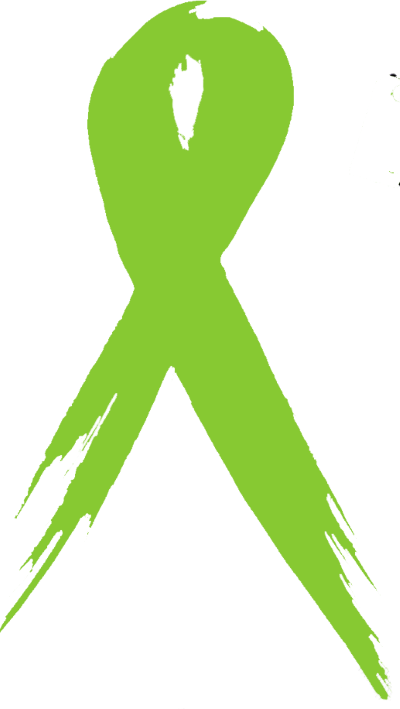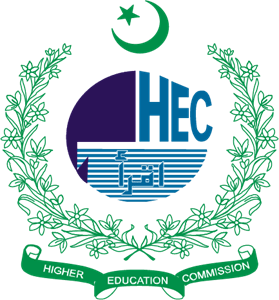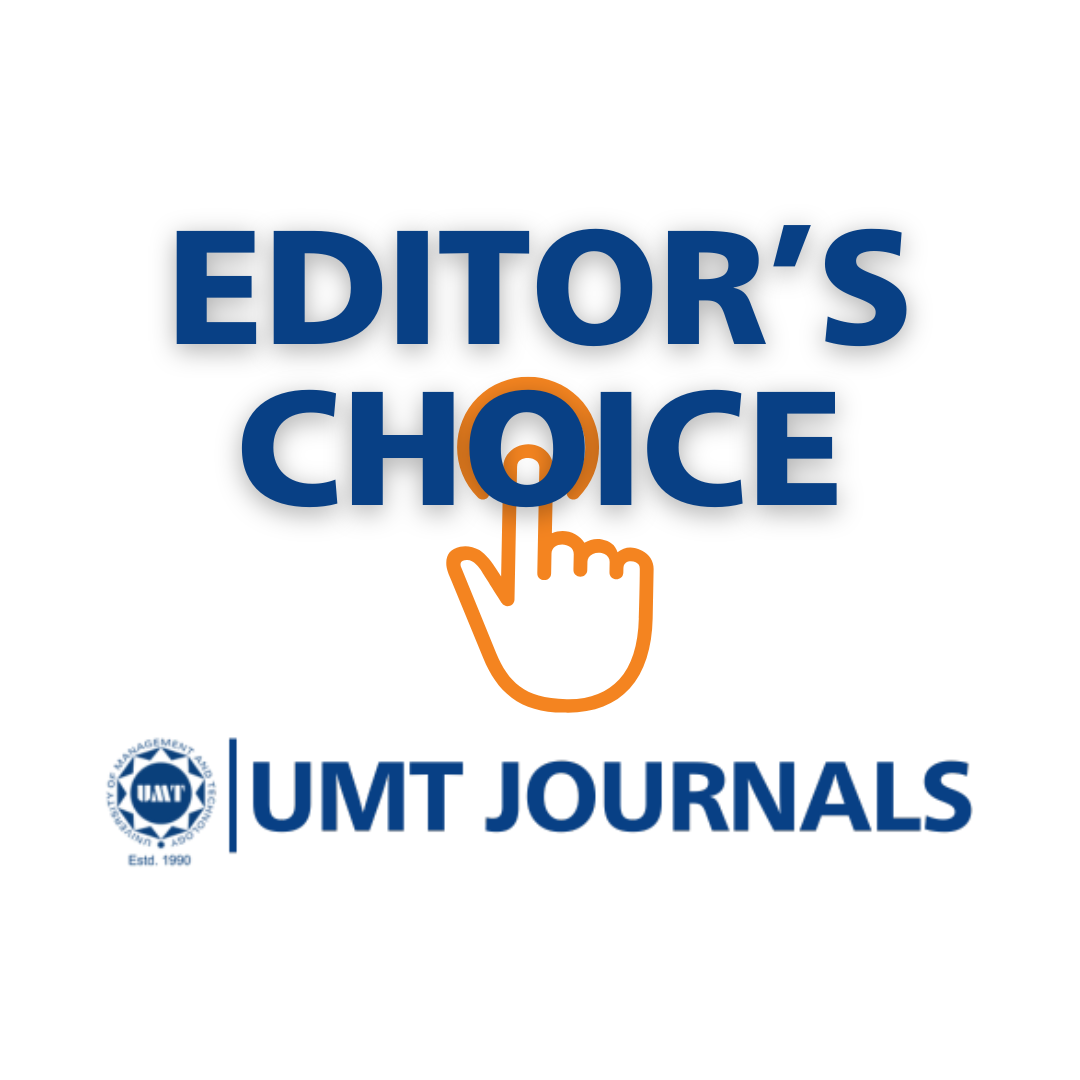The Effect of Rebound Therapy on Gross Motor Functions in a Child with Spastic Cerebral Palsy: A Case Study
Abstract
 Abstract Views: 760
Abstract Views: 760
Delayed development of the gross motor function abilities is the main manifestation of cerebral palsy (CP) in all children affected by it. Rebound therapy was introduced to help children with different disabilities such as CP. The aim of this case study was to assess the effect of the rebound therapy on the gross motor function abilities in a child with spastic CP. An eight year old girl with spastic CP of Level I on the gross motor function classification system (GMFSC) and graded 1 on the Modified Ashworth Scale (MAS) was selected to undergo the rebound therapy program using mini trampoline. Gross motor abilities were assessed pre- and post- rebound therapy program. The program was conducted for three successive months - three times / week for half an hour / session. The comparison of pre- and post- treatment results showed that rebound therapy improved the total gross motor function abilities by 3.8%, the sitting function by 5%, the kneeling and crawling functions by 3%, the standing function by 2.7% and the walking, running and jumping functions by 8% in a child with spastic CP. Rebound therapy was effective in improving gross motor function abilities in a child with spastic CP. However, further randomized control trials are recommended.
Copyright(c) The Authors
Downloads
References
Blair E, Cans C. The Definition of Cerebral Palsy. In: Panteliadis CP, ed. Cerebral Palsy A Multidisciplinary Approach. Cham: Springer International Publishing; 2018:13-17.
Chen A, Dyck Holzinger S, Oskoui M,et al. Losing a diagnosis of cerebral palsy: a comparison of variables at 2 and 5years. Dev Med Child Neurol. 2020;62(1):83-88. https://doi.org/10.1111/dmcn.14309
Park EY. Gross motor function and activities of daily living in children and adolescents with cerebral palsy: a longitudinal study. J Dev Phys Disabil. 2018;30(2):189-203. doi:10.1007/s10882-017-9579-4
Thapa R. Symptom recognition and diagnosis of cerebral palsy in Nepal. J Autism Dev Disord. 2017;47(6):1739-1748. doi:10.1007/s10803-017-3090-8
Rebound Therapy South Africa. What Is Rebound Therapy? ReboundTherapy.org.http://rebound-therapy.co.za/.Published 2020. Accessed March 19, 2020.
The Chartered society of Physiotherapists. Safe practice in Rebound Therapy. Chart Soc Physiother. 2016:1-14.
Physics forTrampoline. PhysicsforTrampoline.https://sites.google.com/site/physicsfortrampoline/newtonsthreelaws/other. Published 2020. Accessed March 19, 2020.
Pendrill AM, Eager D. Free fall and harmonic oscillations: analyzing trampoline jumps. Phys Educ. 2014;50(1):64-70.
Gornyi I, Kachorovskii V, Mirlin A. Anomalous Hooke’s law in disordered graphene. 2D Mater. 2017;4(1):1-6. https://doi.org/10.1088/20531583/4/1/011003
Shakir S, Naran S, Lowe KM, Bartlett SP. Balancing distraction forces in the mandible. Plast Reconstr Surg-Glob Open. 2018;6(9):e1856.
Kaye P, Anderson E. What is Rebound Therapy. 2020:1-60. [12]Germain AM, Blackmore AM, Gibson N, et al. Effects of adaptive bungee trampolining for children with cerebral palsy a single-subject study. Pediatr Phys Ther. 2019;31(2):165-174. doi:10.1097/PEP.0000000000000584
Martakis K, Stark C, Rehberg M, et al. One-minute walk test in children with cerebral palsyGMFCS level 1 and 2: reference values to identify therapeutic effects after rehabilitation. Dev Neurorehabil. 2020;23(4):201-209. https://doi.org/10.1080/17518423.2019.1625981
Fiss AL, McCoy SW, Bartlett D, et al. Developmental trajectories for the early clinical assessment of balance by gross motor function classification system level for children with cerebral palsy. Phys Ther. 2019;99(2):217-228.https://doi.org/10.1093/ptj/pzy132
Ko J. Sensitivity to functional improvements of GMFM-88, GMFM-66, and pedi mobility scores in young children with cerebral palsy. Percept Mot Skills. 2014;119(1):305-319. https://doi.org/10.2466/03.25.PMS.119c14z1
Kora A, Abdelazeim F. Immediate effect of vertibrace dynamic on gross motor function in a child with spastic cerebral palsy: A case study. Biosci Rev. 2019;1(1):54-59.https://doi.org/10.32350/BSR.0101.07
Kora A, Abdelazeim F, Olama K, et al. Effect of different kinesio taping applications on ankle range in children with spastic cerebral
KoraandAbdelazeim7BioScientific Review Volume 2 Issue 3, 2020palsy: a comparative study. Asian J Adv Res Reports. 2018;1(3):1-8. https://doi.org/10.9734/ajarr/2018/v1i313059
Can Child. Gross Motor Function Classification System -Expanded & Revised. Can Child. https://canchild.ca/en/resources/42-gross-motor-functionclassification-system-expanded-revised-gmfcs-e-r. Published 2020. Accessed June 20, 2020.
Shin HI, Sung KH, Chung CY, et al. Relationshipsbetween isometric muscle strength, gait parameters, and gross motor function measure in patients with cerebral palsy. Yonsei Med J. 2016;57(1):217-224. [20]Bowden A. Primitive Reflex Integration in Intensive Physical Therapyand Gross Motor Function in Children with Cerebral Palsy : A Case Report. 2019. https://ir.uiowa.edu/pt_casereports/75.
Mohamed KA, Kamal HM, Abd El-Nabi W,et al. The effect of rebound therapy on sitting in children with cerebral palsy. Med J Cairo Univ.2018;86(12):3963-3969.
Liao HF, Hwang AW. Relations of balance function and gross motor ability for children with cerebral palsy. Percept Mot Skills. 2003;96(3):1173-1184. https://doi.org/10.2466/pms.2003.96.3c.1173
Mansouri S, Qasemi Q, Sadeqi M. Effect of 8 weeks rebound therapy on balance, flexibility and muscle strength of the knee in children with spastic cerebral palsy. In: 8th Internartional Congress on Physical Education and Sport Sciences. Tehran: Sport Sciences Research Institude of Iran; 2015.
Abd-Elmonem AM, Elhady HS. Effect of rebound exercises on balance in children with spastic diplegia. Int J Ther Rehabil. 2018;25(9):467-474. https://doi.org/10.12968/ijtr.2018.25.9.467
Duff C, Sinani C, Marshall P,et al. Can rebound therapy improve gross motor skills and participation in children with cerebral palsy? Assoc Paediatr Chart Physiother J. 2016;7(1):4-13.

Copyright (c) 2020 Alaa Noureldeen Kora, Faten Hassan Abdelaziem

This work is licensed under a Creative Commons Attribution 4.0 International License.
BSR follows an open-access publishing policy and full text of all published articles is available free, immediately upon publication of an issue. The journal’s contents are published and distributed under the terms of the Creative Commons Attribution 4.0 International (CC-BY 4.0) license. Thus, the work submitted to the journal implies that it is original, unpublished work of the authors (neither published previously nor accepted/under consideration for publication elsewhere). On acceptance of a manuscript for publication, a corresponding author on the behalf of all co-authors of the manuscript will sign and submit a completed the Copyright and Author Consent Form.










